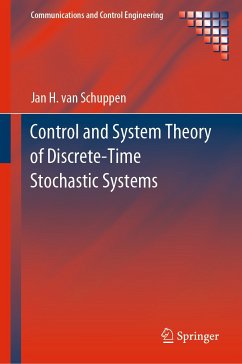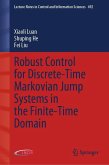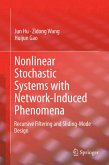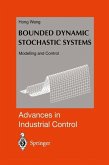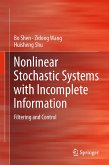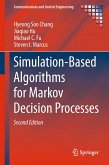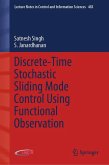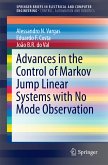The focus of the book is a stochastic control system defined for a spectrum of probability distributions including Bernoulli, finite, Poisson, beta, gamma, and Gaussian distributions. The concepts of observability and controllability of a stochastic control system are defined and characterized. Each output process considered is, with respect to conditions, represented by a stochastic system called a stochastic realization. The existence of a control law is related to stochastic controllability while the existence of a filter system is related to stochastic observability. Stochastic control with partial observations is based on the existence of a stochastic realization of the filtration of the observed process.¿
Dieser Download kann aus rechtlichen Gründen nur mit Rechnungsadresse in A, B, BG, CY, CZ, D, DK, EW, E, FIN, F, GR, HR, H, IRL, I, LT, L, LR, M, NL, PL, P, R, S, SLO, SK ausgeliefert werden.
Hinweis: Dieser Artikel kann nur an eine deutsche Lieferadresse ausgeliefert werden.

